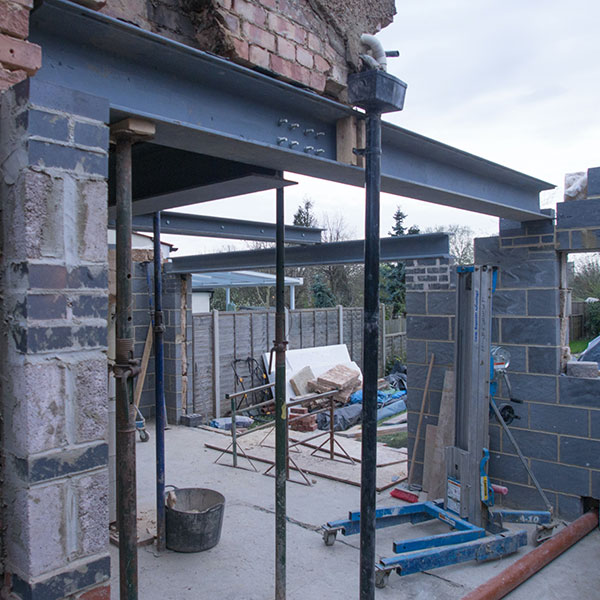- Project TypesProject Types
Whether you are planning a renovation, alteration, demolition, new build or extension, make sure your project is insured with one of our three levels of cover.
- Renovation InsuranceRenovation Insurance
Looking for home renovation insurance for an upcoming project? We’ll help you secure the right cover, drawing on over 20 years of experience.
- Extension InsuranceExtension Insurance
Planning on an extension? We can cover your main home and all the new works for the duration of your extension project.
- Conversion InsuranceConversion Insurance
Are you looking at converting or renovating your house? As well as insurance, we have outlined some other factors to bear in mind.
- Restoration InsuranceRestoration Insurance
Looking for restoration insurance to cover your latest renovation project? Our packages are designed to make your project run a whole lot smoother.
- New Build InsuranceNew Build Insurance
Are you carrying out a Self-Build or New Build Project? You can’t always rely on your builder’s insurance.
- Self-Build InsuranceSelf-Build Insurance
If you are about to begin building from the ground up, we have outlined some points to guide you through self-build insurance for your project.
- Contract Works InsuranceContract Works Insurance
Whether you’re taking on a big or small project, ensure it’s covered with specialist building works insurance. Get a quote from Renovation Plan today.
- JCT InsuranceJCT Insurance
JCT Insurance, also commonly known as Non-negligence insurance provides cover for loss or damage to neighbouring properties where negligence cannot be proven.
- Renovation InsuranceRenovation Insurance
- Levels of CoverLevels of Cover
Whether you are planning a renovation, alteration, demolition, new build or extension, make sure your project is insured with one of our three levels of cover.
- Standard CoverStandard Cover
Our Standard Policy is for renovators who require cover for restricted perils.
- Premier CoverPremier Cover
Our Premier Policy provides a ‘wider perils’ solution and is designed for renovators who are carrying out small to medium sized projects.
- Premier Plus CoverPremier Plus Cover
Our Premier Plus Policy provides ‘All Risks’ insurance cover for larger more complex renovation projects.
- Standard CoverStandard Cover
- BrokersBrokers
Renovation Plan is a market-leading insurance scheme that has provided peace of mind for thousands of clients over the years.
- Work with usWork with us
Introducer
- News & InsightNews & Insight
Renovation Plan’s news, events, and features.
- About UsAbout Us
Renovation Plan is a BIBA approved scheme for specialist renovation insurance catering for both private and commercial clients. It is a long-established, market leading insurance scheme that has provided peace of mind for thousands of clients over the years.
- Contact UsContact Us
Our dedicated account handlers are available to help with any queries.
- Make a ClaimMake a Claim
If you need to make a claim, we’re here to help.
- Get a QuoteGet a Quote
Get a Quote
